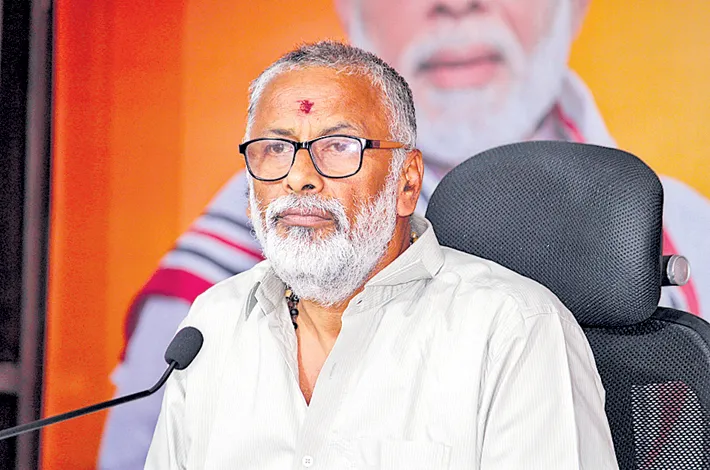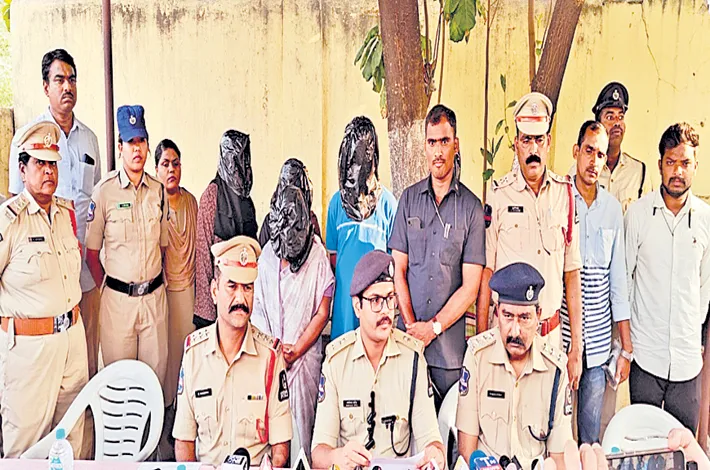Telugu scholars call for review of Intermediate language policy in TS
25-04-2025 12:00:00 AM

This policy shift might gradually erode Telugu’s stature, leaving students without a strong foundation in their native language. When a language is introduced, it must be supported by a structured curriculum that ensures meaningful learning rather than serving as a convenient scoring option Acharya Sagi Kamalakara Sharma Professor Telugu Department, Osmania University
The Telangana State Board of Intermediate Education's decision to introduce Sanskrit as a second language in government junior colleges has sparked concerns among educators and students. Many fear that this change could diminish Telugu’s presence in the curriculum, impacting students who have studied the language throughout their schooling.
Speaking to Metro India, Acharya Sagi Kamalakara Sharma, Professor Telugu Department, Osmania University pointed out that Telugu has been a mandatory subject until Class 10, yet Sanskrit is now being prioritized in government colleges at the intermediate level. He warned that this policy shift might gradually erode Telugu’s stature, leaving students without a strong foundation in their native language.
Sharma explained that introducing Sanskrit at the intermediate level presents challenges, as many students have had no prior exposure to the language in lower grades. He noted that students often opt for Sanskrit as it is presumed that it is easy to score marks. He argued that if a language is introduced for academic purposes, it must be supported by a structured curriculum that ensures meaningful learning rather than serving as a convenient scoring option.
Academics from Osmania University’s Telugu department, including Sharma, Acharya C. Kashim, Dr. Vijayalakshmi, and Dr. S. Raghu, have called for an expert committee to reassess the language policy. They advocate for students who have studied Telugu throughout their schooling to have the opportunity to continue learning it at an advanced level in intermediate education.
A recent circular from the Telangana Board of Intermediate Education invited proposals to introduce Sanskrit as a second language in government junior colleges. This decision has faced criticism from lecturer associations and student groups, who argue that it could weaken Telugu’s prominence in the state’s educational system. Critics also highlight that while Telugu remains compulsory until Class 10, the option to replace it with Sanskrit contradicts the existing framework.
Another major concern is the shortage of qualified Sanskrit lecturers. Despite the government’s efforts to recruit faculty for Sanskrit in 426 government colleges, officials have struggled to fill these positions. Some educators fear that students with no prior exposure to Sanskrit may struggle with learning the language, leading to inflated grades rather than true academic development.
Sharma urged the Board to clarify its long-term language education policy, emphasizing that Telugu is central to Telangana’s cultural identity and should not be marginalized by curriculum changes. The Osmania University Telugu department remains committed to advocating for an education system that prioritizes learning over grades.
Educators, students, and researchers now await a response from the Board, hoping for measures that preserve Telugu’s significance in Telangana’s academic landscape.








